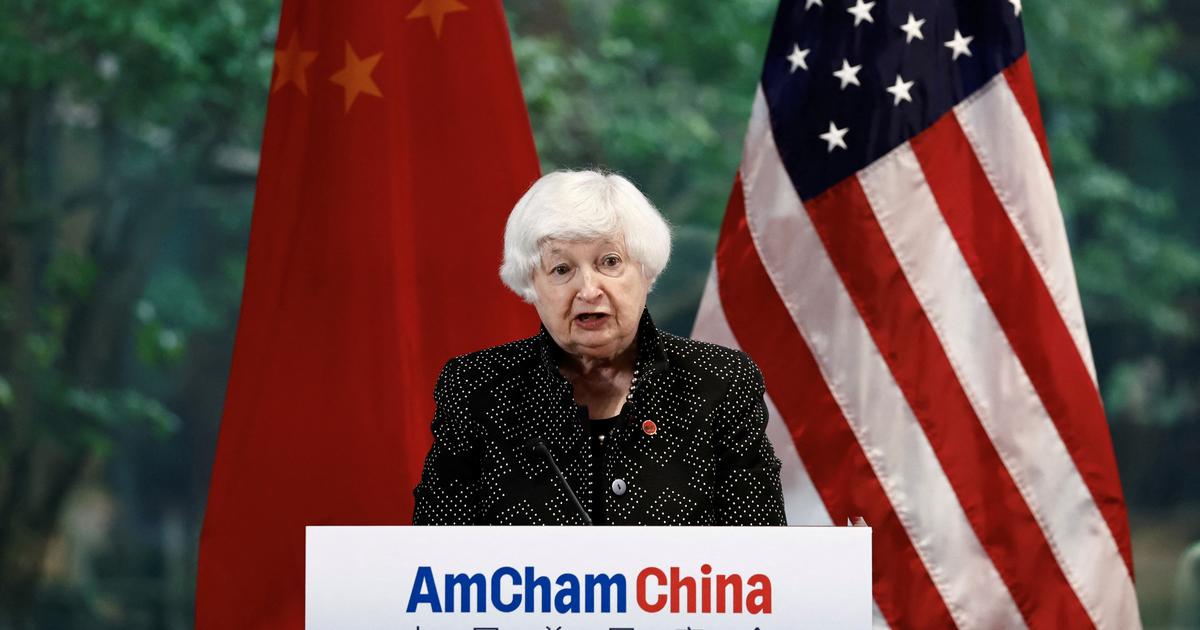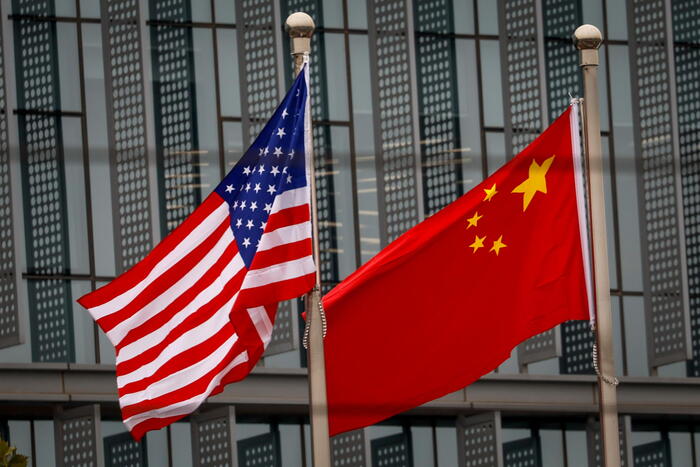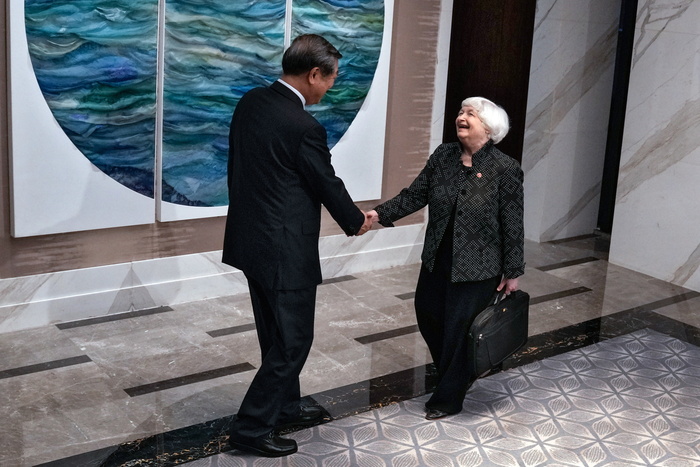The calculated visit of the president of the House of Representatives of the United States, Nancy Pelosi, to Taiwan will mark the beginning of a new stage in the state of relations between Washington and Beijing.
Three months before the celebration of the 20th National Congress of the Communist Party of China, which will surely reaffirm Xi Jinping for a third term, the intense agenda of the United States in the Indo-Pacific actively incorporates Taiwan in a complex strategy in which all the geostrategic board of that region will bear witness.
To the permanent state of alert in which the Taiwan Strait is found, we must add the mention of President Biden on up to three occasions during his two years in office of the commitment of the United States to engage militarily in its defense.
In a scenario of high tension, the reiteration of Washington's support for the "one China" principle during the telephone call between Biden and Xi just a week ago therefore poses a scenario of complex geometry that will have to accommodate the forceful reaction of China before the warning that Nancy Pelosi's visit would mean "playing with fire".
More information
Why Nancy Pelosi's visit to Taiwan scares the world
In the general context, Beijing's assertive agenda advances in its countdown to complete the great rejuvenation of the Chinese nation announced by Xi Jinping in 2017. A process that will not be complete if it does not include reunification with Taiwan at some point, with a established calendar that marks 2049 as the date to meet that goal.
The military scenario of a possible conflict in which the United States intervenes could be considered, however, by the end of this decade or the beginning of the next, when the balance of power between the two powers is greater and China's financial resilience is stronger.
Nancy Pelosi's visit to Taiwan, the highest-ranking by an American official in 25 years, does not take place against a backdrop of changing the
status quo
of the island, but it will mean for both administrations the beginning of the rebuilding of mutual trust.
Beyond the forceful military demonstrations that will take place when the Speaker of the House of Representatives leaves the island, an open military response to Washington would not be part of Beijing's approach given the imperative that the current stability be maintained in the face of the proximity of the transcendental celebration of the National Congress of the Communist Party of China in the autumn, and before the possibility that the tension between both countries will rise even more.
Nor would Beijing be willing to enter into a military conflict with the United States that it believes it cannot win.
The assertive reaction will be more visible, however, towards Taiwan's public opinion with actions that will show China's determination that reunification remains in force.
The bans on more than 100 imported products from the island's food and agriculture industry are just the tip of the iceberg in the strangulation of the Taiwanese economy.
China is Taiwan's largest trading partner, and the restrictions could also resume previous bans on individual or group travel by Chinese citizens to the island, although the greatest weakening would come by reducing the competitiveness of Taiwan's semiconductor industry, its economic mainstay. .
Chip manufacturing accounts for 35% of the island's exports,
The geopolitical challenge of Pelosi's visit also poses an impact on the ambitions for stability in the Indo-Pacific, which, once again, are immersed in the game of balance of power between Washington and Beijing in the region.
The growing sphere of regional influence that China has managed to deploy has reactivated the US Administration's Pivot to Asia strategy to counteract the deployment of Chinese diplomacy, mainly in security and defense matters.
The Asian countries aspire, however, to maintain their ambitions for regional peace and security in the face of the escalation of tension already evident in relations between the United States and China before Pelosi's arrival in Taiwan, and which will rise to higher level with his visit to the island.
The strength of the Chinese economy has made the Asian giant the preferred partner of its neighbors in Asia with whom it has jointly created the largest free trade agreement in the world, promoting the shift of the axis of the world economy to the East.
Maintaining the focus on US-China relations regarding peace and security in the Indo-Pacific has been Singapore's demand of Nancy Pelosi, a geopolitical yearning for the entire region.
Washington, meanwhile, is assessing Beijing's reaction.
Águeda Parra Pérez
is an analyst of China's geopolitical and technological environment.
Founder and editor of #ChinaGeoTech, she is the author of
China, the Routes of Power
and a contributor to Public Agenda.

/cloudfront-eu-central-1.images.arcpublishing.com/prisa/VO47XL7JWZGYRFSGU3KOTHK2ME.jpg)
/cloudfront-eu-central-1.images.arcpublishing.com/prisa/OORXB2YNDLANHK3OYLEUMD7SPM.jpg)









/cloudfront-eu-central-1.images.arcpublishing.com/prisa/KMEYMJKESBAZBE4MRBAM4TGHIQ.jpg)


